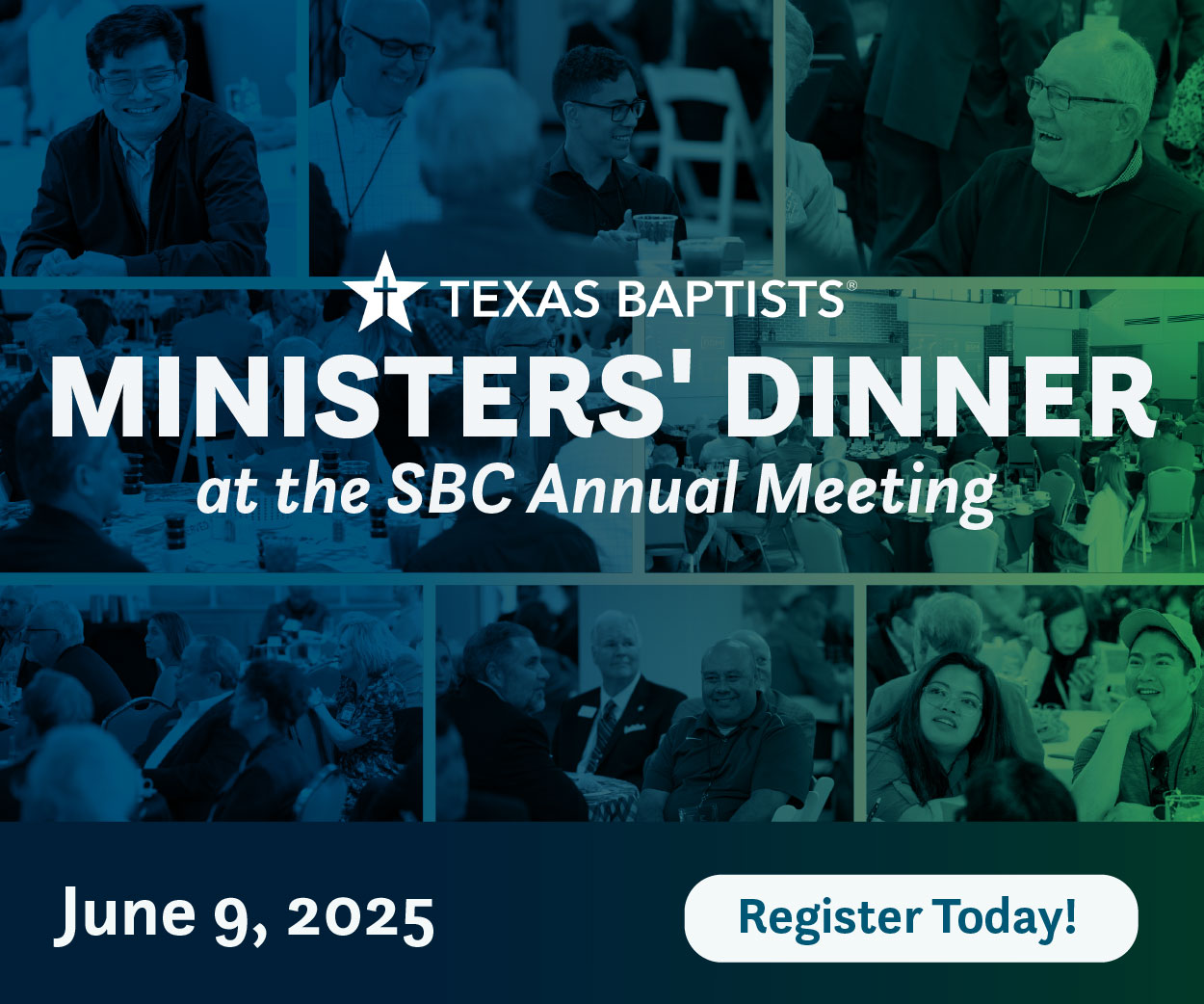Imagine some scenarios a pastor more than likely has experienced in some form over the past few years.
• A church member texts a pastor a link to a video that purports to provide important information not being shared by the “mainstream media.”
• A pastor receives an email from a church member who wants to know when he is going to preach on some current controversy, with the inference and expectation the pastor needs to preach the issue from the viewpoint of the one embracing a conspiracy theory.
• Someone in a Sunday school group email shares a video link of a pastor affirming a conspiracy theory in their preaching and provides the following remark before providing the link: “We need more pastors who preach like this!”
While each of the scenarios is different, each confronts a pastor with the question, “How do I pastor someone who embraces conspiracy theories?”
What is a conspiracy theory?
Shauna Bowes, Thomas Costello and Arber Tasimi, in their June 26, 2023, Psychological Bulletin article “The Conspiratorial Mind,” define “conspiracy theories” as referring “to causal explanations of events that ascribe blame to a group of powerful individuals (the conspirators) who operate in secret to form hidden plans that benefit themselves and harm the common good.”
While some conspiracies reveal themselves to be true—such as Watergate—most conspiracy theories are untrue in their totality.
Until recently, how to pastor someone who embraces conspiracy theories was not a question many pastors asked, including myself. However, with all the challenging events and controversies over the past few years, most pastors have had to ask and answer this question.
As I have thought about this question, I have developed some pastoral principles in responding to people who embrace conspiracies. Five are explained here. Five more will be explained in a subsequent article.
Sign up for our weekly edition and get all our headlines in your inbox on Thursdays
Five principles
1. Ground your calling and preaching in God’s word (2 Timothy 4:2).
There will be pressure from people who want you to give commentary on every supposedly pressing issue of the previous week, and this will be true especially from those immersed in conspiracy theories.
Whatever the case, a pastor must not neglect the centrality of God’s word in pastoral ministry, no matter how loud the voices or strident the criticism.
For example, while I wish I could have done a number of things differently in leading the church I pastor through the COVID-19 crisis, I am glad I stuck with my 2019 preaching plan to preach through the Gospel of John.
Instead of chasing every issue of the previous week, we allowed God to speak to us through his word, and unsurprisingly, God’s word was relevant to what we needed to hear.
2. Remember, you pastor people not “conspiracy theorists.”
It can be frustrating and discouraging to watch people become obsessed with conspiracies and then be on the receiving end of their criticisms. In these moments, we may be tempted to caricature and dismiss them as “conspiracy theorists.”
We must remember we pastor people and not caricatures. Therefore, we pray for them, treat them with kindness and seek to be a good pastor to them.
3. Listen behind the conspiracy theories.
While we may get focused on the content of the conspiracies, it is wise of us to listen behind the content to what really may be happening in their lives.
Are they stressed? Are they lonely and longing for community? Do they feel alienated? Are there potential mental health issues?
By listening behind the content of the conspiracies, it may give an opportunity to provide pastoral care for what really is happening in their lives.
4. Depersonalize criticism coming from people who embrace conspiracy theories.
No pastor I know likes criticism. The challenge with criticism coming from someone who embraces a conspiracy theory is their criticism often is pointed, passionate and direct. Nevertheless, it is important not to personalize the criticism in a substantive way.
For example, I once had a situation where I would receive an occasional criticism from someone attracted to conspiracy theories and their supposed news sources. I asked this person to send me a link to one of the websites.
When I spent time reading the “news” on this website, I remember thinking to myself, “If I spent all of my time on this website, I would criticize me too!”
This helped me to depersonalize the criticism and relate better to this person.
5. ‘Play the long game’ in pastoral leadership.
It is important that pastors assume long-term relationships with people in the life of the church. Often but not always, people change and what seems like a major issue today will seem like a small issue in a few years.
Therefore, it is important for pastors to lead and relate to people with an eye to the future and not overreact to someone embracing a conspiracy at the current moment.
Ross Shelton is the pastor of First Baptist Church in Brenham. The views expressed are those of the author.
















We seek to connect God’s story and God’s people around the world. To learn more about God’s story, click here.
Send comments and feedback to Eric Black, our editor. For comments to be published, please specify “letter to the editor.” Maximum length for publication is 300 words.